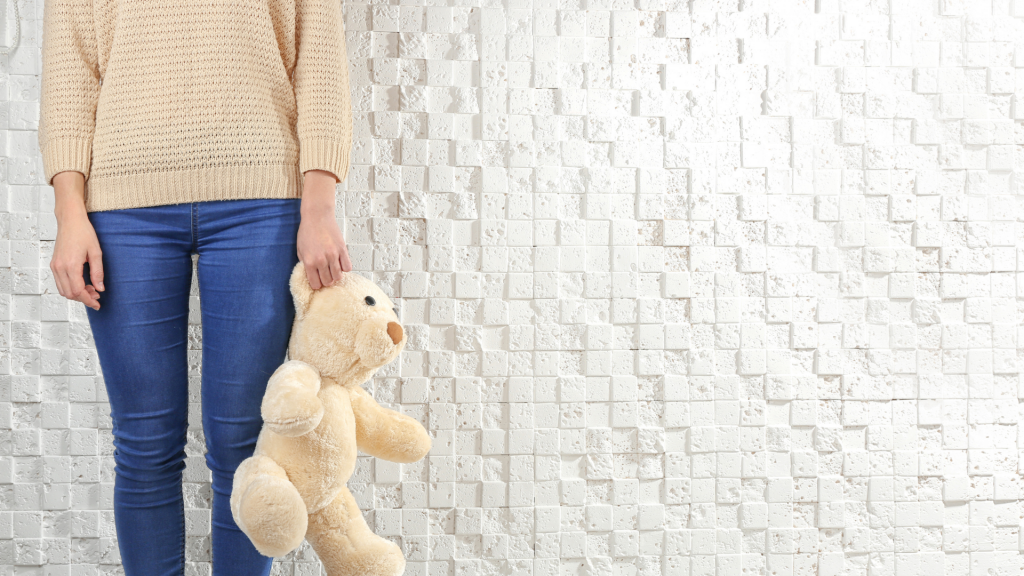The term “custody” has been replaced by “contact” and “primary residence” in the law. The term ‘contact’ refers to any interaction with a child, while ‘primary residence’ refers to where the child lives.
According to Statistics SA, a recent report on divorce rates in South Africa covered only the years up to 2018.
A significant increase in divorce requests (20%) was seen during COVID-19’s lockdown periods. This is due to individuals struggling to navigate the blurred lines surrounding contact and care.
All parties involved in divorce face difficulties, but children are the most affected.
In the end, no matter what differences may exist between people, everyone wants what’s best for the child(ren).
The involvement of a legal representative from the onset will ensure that disputes are mediated fairly, allowing for amicable settlements in the best interests of the child.
Laws on Child Custody for Both Parents

There is a general consensus that the mother will be the primary caregiver of the child. However, there may be a residence dispute between parties, and a trial and various investigations into the best interests of the child(ren). This may determine which parent is most appropriate to take full custody of the child(ren).
Contact After Divorce
Every parent must contribute toward the child’s (children’s) livelihood through child maintenance.
The court will not withhold a child from either parent, regardless of whether maintenance is not being paid. The court will withhold a child from a parent that is abusive or deemed a danger to the child.
The Children’s Act now grants fathers the same rights and responsibilities as mothers – unless stated otherwise by the court.
Children are also empowered by the law because they can maintain contact with both parents if they wish.
Once the divorce proceedings have been concluded, a parenting plan will be created; this plan will indicate who the child(ren) will live with, how much time each parent must spend with the child(ren), and how major parental decisions (school, where the child will live, etc.) will be made.
When parents are enforcing parenting plans through the court system or under legal obligations, transgressions will be treated as criminal offences.
Custody Options for parents
Primary Residence
In the case where the father is awarded primary residence, the children will reside at his house, and he will be the primary caregiver.
In this case, both parents can work out a visitation plan so that the mother can visit or be visited by the child(ren); this will work in the opposite direction for the mother as well.
Right to Contact
It is possible for the other parent to visit the child(ren) as both parents agree upon, even if primary residence is not sought or awarded.
Limited or No Contact

There will be no contact between the other parent and the child(ren) if there is a history of abuse, the child(ren) is in danger, or if contact does not appear to be in the child’s best interest for any reason.
A parent may be permitted to have limited and supervised visits once his/her abusive, negligent, or dangerous behaviour has been resolved if another capable adult supervises them.
Child custody includes much more than we have briefly discussed above. If you need help our experienced Family Lawyers would be happy to provide you with more information.
“Co-parenting is not a competition. It’s a collaboration of two homes working together with the best interest of the child at heart. Work for your kids, not against them.” – Unknown






